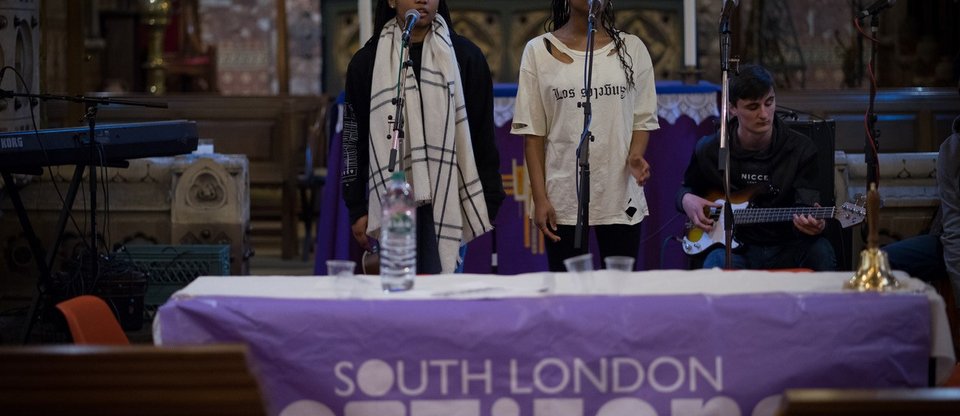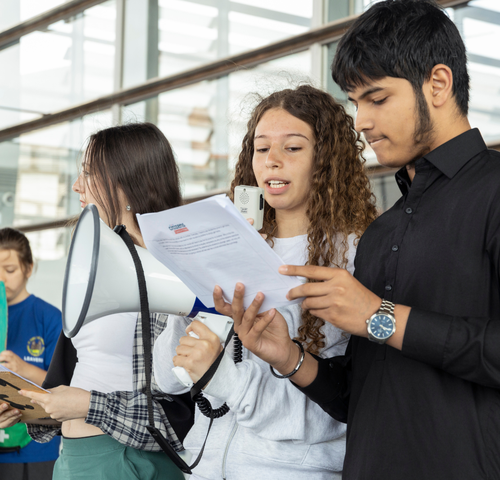Barriers to voter participation need action from state and civil society
Barriers to voter participation need action from state and civil society

Our Executive Director Matthew Bolton writes for The Times Red Box today on how barriers to voting have been made worse by the pandemic - and how we can fix them.
With just 10 days until the voter registration deadline for the 6th May elections, a nation weary from the pandemic has an opportunity to pass a little judgement on how our politicians are responding to this once in a century crisis.
These elections decide who holds power and sets budgets locally, city wide and nationally in places from Scotland to Somerset. They also mark some historic moments, as they are the last elections EU Citizens without settled status can vote in, as well as the first in history that allow Welsh youth over the age of 16 to vote.
Despite what is at stake, hundreds of thousands of people deeply affected by the pandemic, disproportionately renters, the young and migrants with voting rights, won’t get a say. That’s because there is too little awareness, too close to the registration deadline. Our polling shows 6 in 10 do not know the date of their local elections. For those that do know, 43% would be ‘very or quite concerned’ about entering a polling station before all the pandemic restrictions have been removed.
This isn’t a new problem. Every election, the Electoral Commission, charities and political parties expend huge resources ensuring the bureaucratic system of individual voter registration stays on track. However, it doesn’t need to be this way. We can make some simple tweaks to our system to make voting easier and place our faith in people to make it more informed.
Citizens UK, alongside others like renters union Acorn and political literacy campaigners Shout Out UK, are amongst dozens of organisations driving work in local communities to register and engage voters. We’re passionate about making our politics and democracy fairer and better understood. Yet our system often leaves us facing an uphill job.
It is well known that millions of citizens are missing from the roll. Electoral officials once again are under severe pressure with a last-minute rush of applications close to deadline day. So as part of building back better, here are three ways to strengthen our democracy post pandemic:
Make voting easier. Some of the enormous effort simply getting voters to register could be directed elsewhere. If voter registration was automated, as it is in parts of the United States, Providing citizens with an option to register to vote or update details when accessing other government services would be one option. Then efforts and resources could be targeted at community participation and political education in schools.
Teach politics at school. A majority of young people are not taught how our system works or how they can be involved; this includes registering to vote and all of the different ways to register and then vote. Civil society organisations can help bridge this gap and equip schools with the tools to play a key role boosting democratic participation in their communities.
Make Citizen power the norm. The non-partisan work Citizens UK does is all about giving people at the sharp end of policy decisions the platform and confidence to hold candidates to account on their terms, not the candidates. Rather than eight candidate hustings and a jumble of questions, politicians can and should be held to account in more meaningful ways, such as citizen’s assemblies where thousands of organised citizens have shaped the agenda. We’re doing just that in this round of elections in London, Birmingham, Cardiff and Manchester.
Taken together, these sorts of solutions can revive our democracy and make politics more accountable to the voters and people impacted the most by policy decisions.
Don't forget to register:

Register to vote





